At the online conference to implement the Prime Minister's telegram to solve difficulties for the real estate market on the morning of November 13, the Hanoi Department of Construction proposed to increase the profit margin for building social housing to 15% - 20%, instead of the old level of 10% which did not attract many businesses to participate.
A representative of the Hanoi Department of Construction said that increasing the profit margin to 15% - 20% is also the desire of many investors in the market.
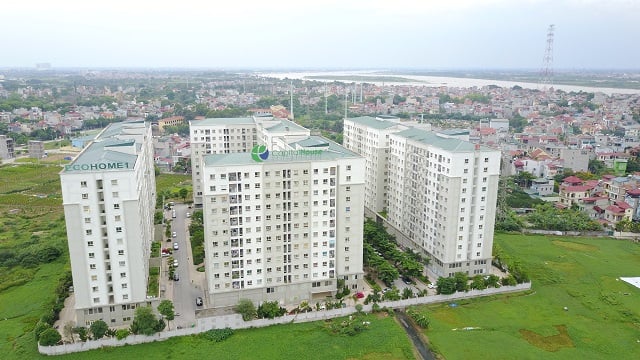
The 10% profit margin when building social housing is considered unattractive, making many large investors uninterested. However, the proposal to increase the profit margin to 15% - 20% is still controversial. (Photo: DM)
In an interview with the Journalist and Public Opinion newspaper, a representative of a company preparing to build two social housing projects in Hanoi said that the maximum profit when the investor builds housing is 10% of the total investment capital. That is, if the project has an investment capital of 1,000 billion VND, the investor will only make a profit of about 100 billion VND.
This person believes that controlling profits has the benefit of controlling housing at a low level. However, in reality, in the process of building social housing, there will be some risks that may occur, such as increasing material prices, inflation, increasing labor costs, etc.
“Therefore, investors are very afraid of losses when participating in social housing projects. Therefore, increasing profits to 15% - 20% is reasonable,” he said.
Previously, the Ministry of Construction also spoke out about the proposal to increase profits for social housing projects. According to the Ministry of Construction, some social housing investment enterprises said that the preferential regulations in the draft revised Housing Law that the Government submitted to the National Assembly for investors of social housing projects and housing for the armed forces are not attractive and not practical.
Specifically, the incentives of exemption from land use fees, land rent for the entire land area of the project, and value added tax incentives... are not actually incentives for investors but incentives for buyers and hire-purchasers because these incentives are not determined in the selling price or hire-purchase price of social housing.
Regarding the incentive of enjoying a maximum profit of 10% for the area of social housing construction (not the profit for the entire project), businesses said that this level is low. Businesses proposed to increase this profit level to 12-15%. But the Ministry of Construction said that if the profit level is increased, the price of social housing will increase, and buyers will have to bear this cost.
The incentive is given up to 20% of the total residential land area of the project or 20% of the total residential floor area to build a business or commercial service building (not a house). The investor is allowed to account for it separately, not to include the investment cost of building this building in the social housing price and is entitled to enjoy all the profits from this business, service and commercial area as the draft submitted by the Government to the National Assembly has solved the problem.
According to the Ministry of Construction, the above regulation is a real incentive for investors. However, businesses believe that this mechanism is not attractive and encouraging enough because these commercial and service projects require investors to invest large amounts of capital but can only be leased out, with a long payback period.
These projects only have value in large urban areas, and are difficult to lease in other areas. This can lead to abandonment and stagnant capital of the business.
Meanwhile, according to the Ministry of Construction, the regulation that social housing project investors are entitled to 20% of the total land area within the project to invest in the construction of commercial business facilities to offset investment costs. This will contribute to reducing the selling price, rental price, and purchase price of social housing and reducing the cost of management and operation services for social housing after investment as stipulated by the Government.
The Ministry of Construction emphasized that the above incentive mechanism has been implemented stably and effectively by ministries, localities and enterprises for nearly 10 years.
Based on the above reality, the Ministry proposes to supplement regulations on incentive mechanisms for investors of social housing projects. Accordingly, investors of social housing construction projects not using public investment capital are entitled to a maximum profit of 10% of the total construction investment cost for the social housing construction area.
At the same time, 20% of the total residential land area within the project area has been invested in building technical infrastructure systems to invest in building business, commercial and residential buildings.
The investor is allowed to account separately, not include the construction investment cost of this project in the price of social housing and enjoys all the profits from this service and commercial business area.
In case of investment in construction of commercial housing, the investor must pay land use fees for the area of commercial housing construction according to the provisions of the law on land.
Source


![[Photo] Many dykes in Bac Ninh were eroded after the circulation of storm No. 11](https://vphoto.vietnam.vn/thumb/1200x675/vietnam/resource/IMAGE/2025/10/15/1760537802647_1-7384-jpg.webp)



![[Photo] General Secretary To Lam attends the 18th Hanoi Party Congress, term 2025-2030](https://vphoto.vietnam.vn/thumb/1200x675/vietnam/resource/IMAGE/2025/10/16/1760581023342_cover-0367-jpg.webp)
![[Photo] Conference of the Government Party Committee Standing Committee and the National Assembly Party Committee Standing Committee on the 10th Session, 15th National Assembly](https://vphoto.vietnam.vn/thumb/1200x675/vietnam/resource/IMAGE/2025/10/15/1760543205375_dsc-7128-jpg.webp)
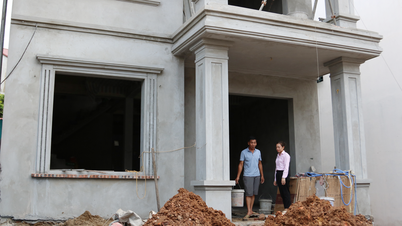

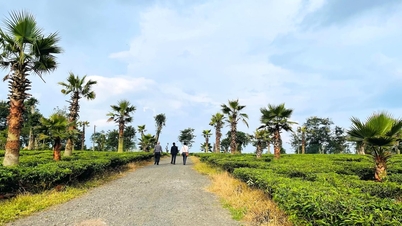

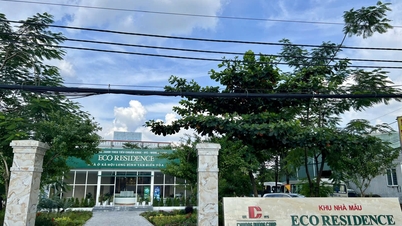

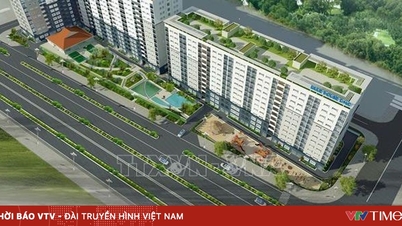

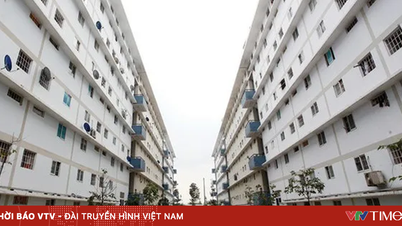
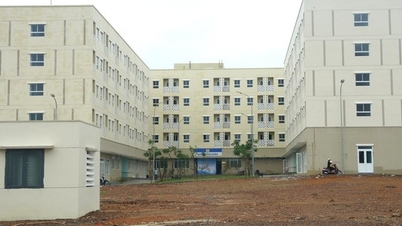




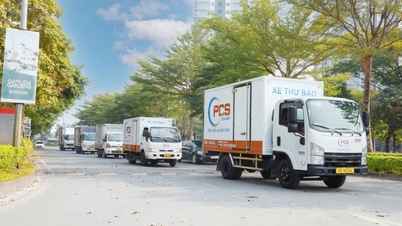
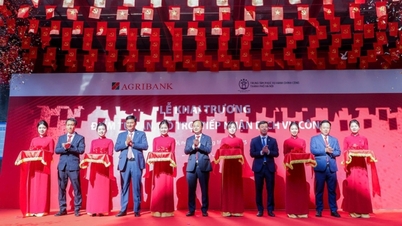

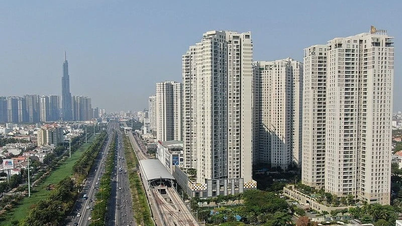













![[Video] TripAdvisor honors many famous attractions of Ninh Binh](https://vphoto.vietnam.vn/thumb/402x226/vietnam/resource/IMAGE/2025/10/16/1760574721908_vinh-danh-ninh-binh-7368-jpg.webp)





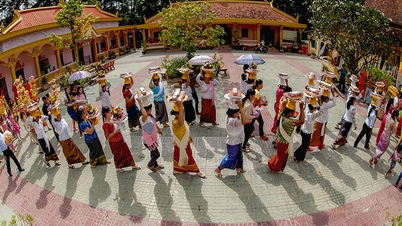








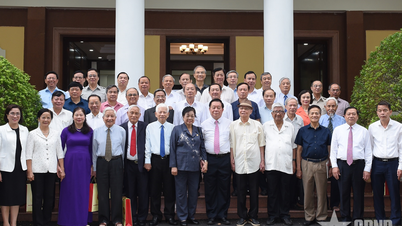





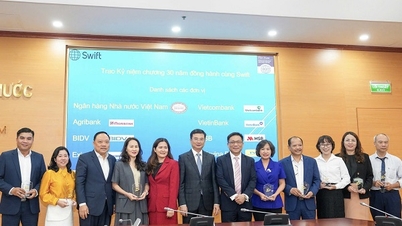
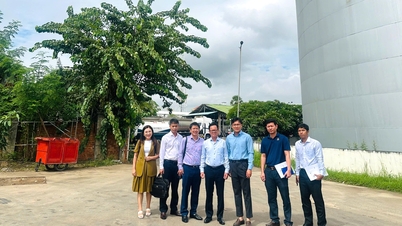
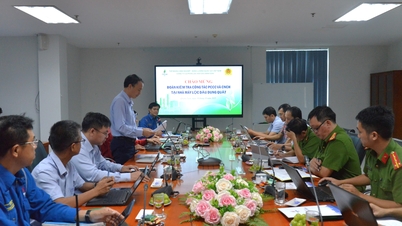









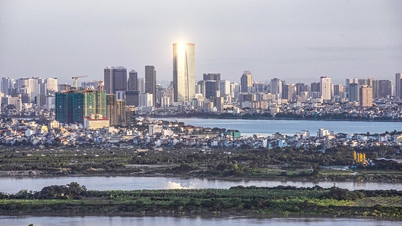
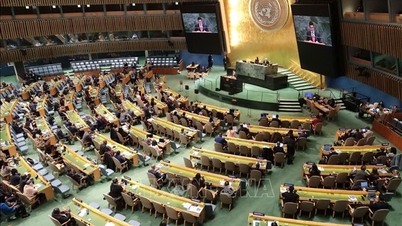
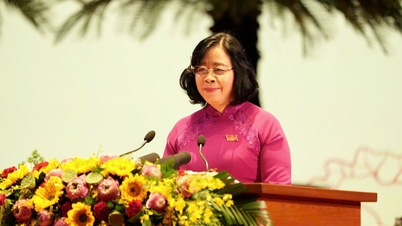





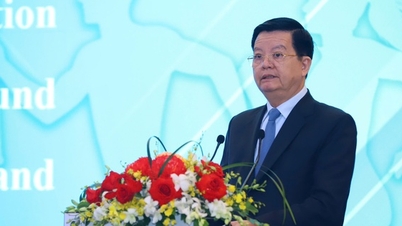
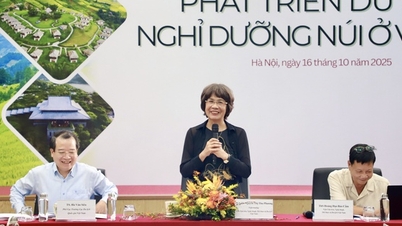





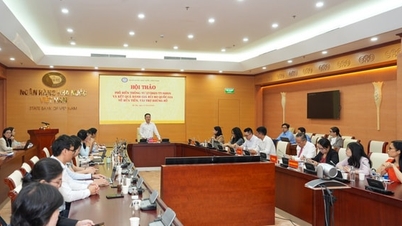




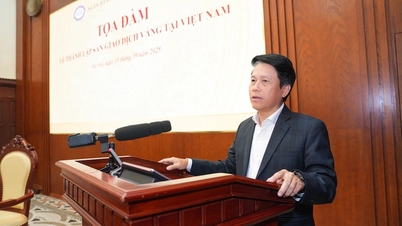














Comment (0)